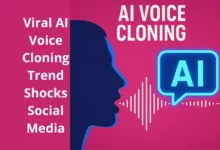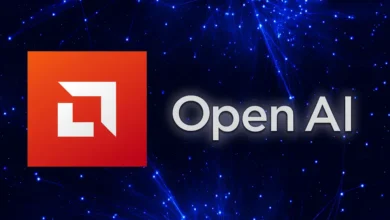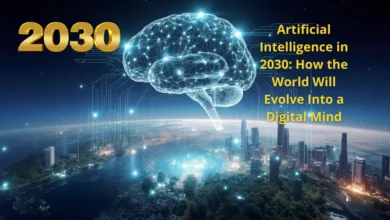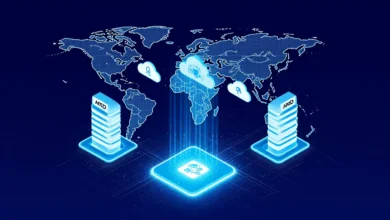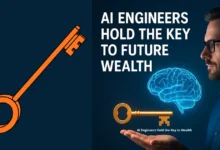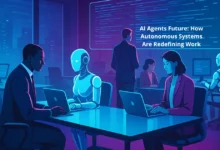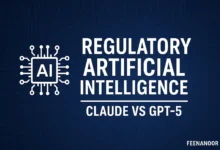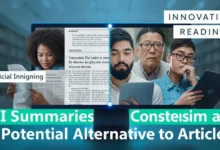AI Search 2025: Why Generative Search Engines Are About to Change the Internet
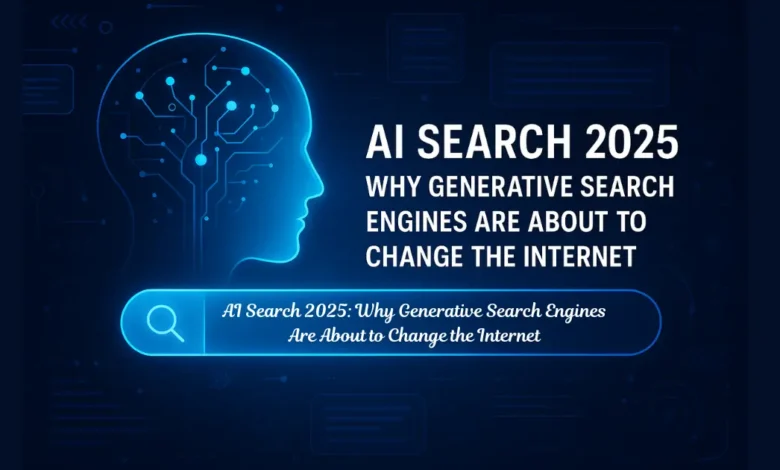
AI Search is no longer a futuristic idea—it’s the new reality shaping how people explore the internet in 2025. For years, search engines were predictable: type a query, scroll through blue links, and jump between pages. But the world is moving into a different kind of search experience—one that thinks, understands, analyzes, and responds like a human.
This is the story of how generative search engines are rewriting the rules of information, and why users around the world feel that the internet is suddenly changing beneath their feet.
table of contents
AI Search: A Turning Point in How We Find Information
AI search engines aren’t just “improved search engines.”
They are decision-making systems.
Instead of showing results, they attempt to understand intent—what you really want, not what you typed.
Think of it this way:
The old internet forced people to dig for answers.
The new internet brings the answer to you.
Users feel this shift immediately. Questions that once required reading several articles are now answered in seconds, with clarity and structure that feels almost conversational.
But this evolution isn’t just convenient—it’s rewriting the entire digital experience.
Read Also :
How Unique Content Can Leverage AI Summaries to Dominate Search Results
Why AI Search Feels So Different
There are three reasons the 2025 search experience feels radical:
1. It Thinks Like a Person—Not a Machine
AI search engines analyze queries the way humans do:
What’s behind the question? What is the searcher trying to solve?
And most importantly: What is the most helpful answer at this exact moment?
This makes the results feel more like guidance, not information.
2. It Understands Context, Not Keywords
Users can ask vague, emotional, or complex questions like:
- “Why is my phone slower after the last update?”
- “Which AI tools actually help with productivity?”
- “How do I grow my online income in a realistic way?”
AI doesn’t panic.
It interprets, connects dots, and builds insights.
3. It Turns Search into a Conversation
People aren’t searching—they’re interacting.
Asking follow-ups. Changing directions.
Exploring ideas like they’re walking through a guided path rather than a list of URLs.
This is why AI search is not just technology—it’s a behavioral shift.
The Hidden Power: AI Search as a Personal Advisor
What makes AI search engines transformative is not the speed—it’s the intelligence. They behave like advisors:
- Suggesting better questions
- Warning users when information seems uncertain
- Showing options instead of rigid results
- Simplifying complex topics
- Giving step-by-step plans
- Adapting to the user’s knowledge level
People describe it as having “a research assistant who never gets tired.”
This is the real value.
Not the engine.
The mind behind it.
How AI Search Will Change Content Creators and Websites
The rise of AI search isn’t just a user experience shift—it’s an industry shakeup.
1. Articles Need Depth, Not Length
AI search engines prioritize content that answers real user intent.
Shallow articles die immediately.
Deep, human-centered content thrives.
2. Fresh Information Becomes Powerful
AI systems reward updated insights.
Old “template articles” lose visibility.
3. Authority Matters More Than Keywords
Websites with real expertise—tech, finance, AI, business—will dominate.
AI search cares about meaning, not word stuffing.
Why People Feel the Internet Is Changing in 2025
For millions of users, AI search feels like:
- A cleaner internet
- A more intelligent space
- Less noise
- Less ads
- Less irrelevant pages
- More clarity
- More human answers
It’s not perfect.
But it’s undeniably better.
Users are no longer alone in the digital world—
they have an intelligent guide walking beside them.
Where AI Search Is Heading Next
Experts predict three major evolutions by 2026:
1. Full Personalization
Search results tailored to your habits, job, goals, and interests.
2. Multi-step Problem Solving
Search engines that handle entire tasks—planning a trip, fixing a phone issue, or building a career plan.
3. A Search Layer Above All Apps
Instead of opening multiple apps, users ask AI—and the AI interacts with everything else.
Search will stop being a tool.
It will become a partner.
Feenanoor AI Insights
This article is part of Feenanoor’s expanding AI knowledge hub, which covers generative intelligence, agentic AI systems, global chip competition, and the future of human–machine collaboration. For a full overview of AI in 2025, explore our main guide that tracks all major trends and breakthroughs.
Conclusion
AI Search in 2025 marks a turning point in how humans interact with knowledge.
It’s not simply about answering questions—it’s about understanding lives.
Generative engines bring structure to confusion, context to information, and meaning to data.
For the first time, the internet is becoming deeply personal, intuitive, and human-like.
And this is only the beginning.
FAQ
1. What makes AI search different from traditional search engines?
It understands intent, not keywords, and delivers direct answers instead of long result pages.
2. Will AI search replace Google’s classic search model?
Not immediately—but AI search is becoming the preferred method for complex queries.
3. Is AI search always accurate?
It improves with context and updates, but users must still fact-check critical information.
4. How does AI search affect content websites?
Only deep, useful, user-focused content will survive.
5. Will AI search become personalized?
Yes — personalization is the next major milestone.
Discover more from Feenanoor
Subscribe to get the latest posts sent to your email.





